AP plans to sell news on Apple's iPad via subscription service
According to a report in the Financial Times, AP's iPad plans were unveiled along with the creation of a new business unit called AP Gateway, which will be devoted to helping the wire service's member newspapers keep abreast of new technologies ranging from e-readers to mobile phones.
The AP hopes to help its member papers roll out electronic editions of their publications without each paper having to develop its own digital strategy in Web access and mobile apps, something that many papers lack the resources and expertise to do on their own.
You get what you pay for
The move to create paid subscription access to wire service news follows a business model pioneered by specialized newspapers such as the Financial Times and Wall Street Journal, which both provide premium access to news to their paying subscribers both on the web and via native iPhone apps.
Reuters and the New York Times are also both planning to roll out paid access to their Web properties over the next year.
Speaking at the Colorado Press Association’s annual meeting, AP's chief executive Tom Curley said that, "For publishers, [2010] likely is the defining moment. We must seize this opportunity to reinvigorate our business models as well as our journalism."
Curley said the AP was convinced by three years of anthropological research that its publishers must differentiate their content, and not add to "information overload."
Can iTunes save print publishing?
Traditional print publishers are in many respects in the same boat as music labels were a half decade ago, as they discover that their traditional paying customers are now accessing their creative work for nothing over the Internet.
Apple offers a new business model for print publishers in its iTunes App Store, following a model that that has worked successfully for music labels as well as television and movie studios.
However, just as with the labels and studios, Apple's print partners are expressing an initial wariness about its control over the marketing and promotion of content within iTunes, as well as its control over valuable customer information, such as what content people are buying at what prices.
With the only mobile software store providing tight integration across tablet, smartphone and music player products, Apple's App Store will be hard for rival hardware and software platform vendors to challenge, and extremely expensive for content producers to attempt to replicate, a fact that music labels wasted a lot of efforts discovering in the first half of the last decade.
 Prince McLean
Prince McLean

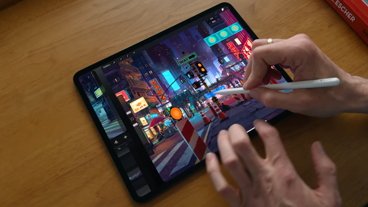

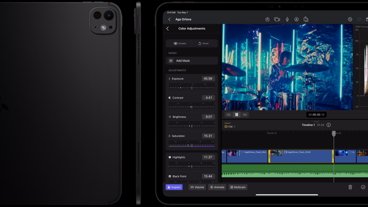






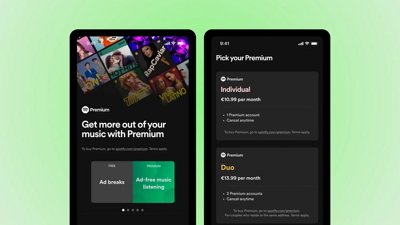
 Mike Wuerthele
Mike Wuerthele
 William Gallagher
William Gallagher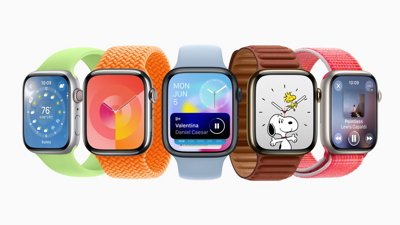
 Charles Martin
Charles Martin
 Christine McKee
Christine McKee
 Andrew Orr
Andrew Orr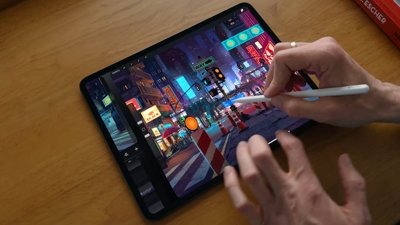
 Wesley Hilliard
Wesley Hilliard
 Malcolm Owen
Malcolm Owen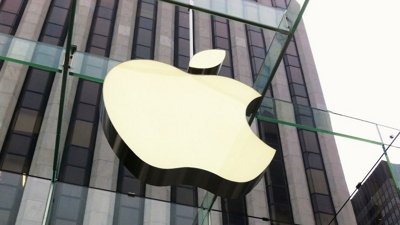
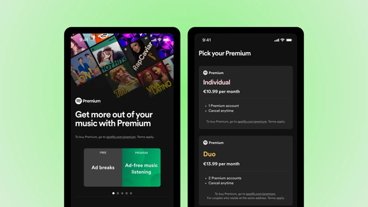









43 Comments
I think the future belongs to individual reporters with a point of view that reflects your own, the news organization will become history.
I guess all of the news agencies will provide a subscription based service now? I'm sure some will provide some kind of free service with ads everywhere.
Sounds good, but the news industry is too big of a machine to let news organizations get too small. It's too much of a business now.
Apple's plans are falling into place.
We must seize this opportunity to reinvigorate our ... as well as our journalism."
Had most news organizations took that route and that philosophy long ago, they may not be as hard up financially as some of them are!
It's not what the news is printed on... paper or iPad... It's what news is printed and how it's printed. Of course they will never learn...
I wonder after all the layoffs the NYT's did, and they have a subscription iPad app or whatever they call it and it cannibalizes the paper version and subscribers are just going from paper to digital and the tally of new subscribers doesn't increase... I wonder if the New York Times would look at the costs of printing vs the cost of digitizing and I wonder if they would make the decision to close down the printing presses? \
I think the future belongs to individual reporters with a point of view that reflects your own, the news organization will become history.
Is this supposed to be a cheering thought?